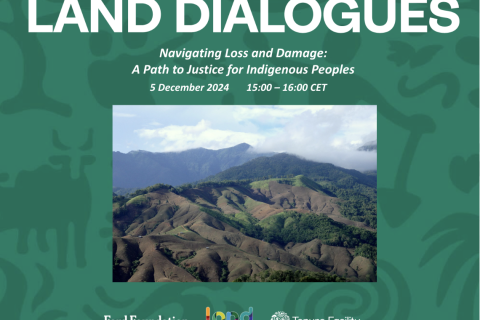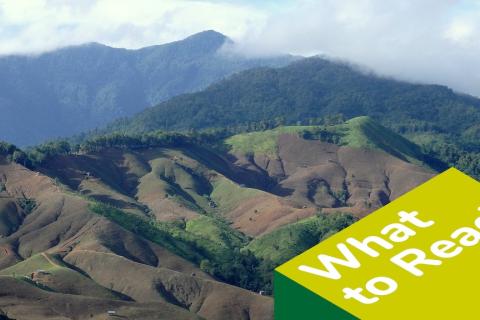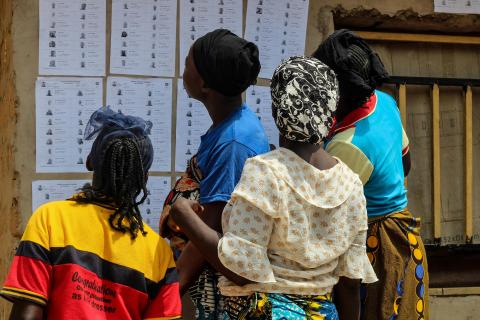Webinar recap - Navigating Loss and Damage : A Path to Justice for Indigenous Peoples
Under the umbrella of the Land Dialogues series, the last webinar of this year’s series “Navigating Loss and Damage : A Path to Justice for Indigenous Peoples” took place on December 5th, 2024. The webinar drew in a little over 250 participants. The series is organized by a consortium of organizations, including the Land Portal Foundation, the Ford Foundation and the Tenure Facility and this particular webinar was












